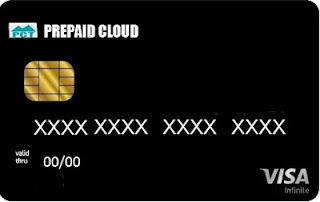For this reason, we shall concentrate our discussions on small businesses and how with their limited resources, they can exploit simple opportunities to maximise wealth, particularly within the Finance department.
Establishment of an Internal Audit System.
Whether an organisation is employing 2 people or 10 people, it needs to establish a system where all issues that affect finance can be properly examined by members of the organisation, say after every one month. The reason for this is that since many small organisations do not have the financial muscle to hire auditors, financial analysts and consultants to make a thorough analysis of the business, they may have to integrate all members of staff in taking care of the organisation’s assets.
This does not mean that a new department should be established, but all members of the organisation should be involved in ensuring the efficiency and effectiveness of the finance department, just as organisations strive to involve employees in customer service.
Expenses Vs Investments
In order for a small organisation to maximise its wealth, it must be able to make the critical difference between the expenses of the organisation and investments by the organisations. To the financial accountant this is simple; from the managers point it is critical. For example, the salaries and staff benefits – for accounting purposes - of are treated as expenses in the organisation. For this reason, many business owners who see their job as that of cost cutters, crunch and wince every time employees request for higher wages. On the other hand, a person who looks at the employees as an investment would be very ready to spend on them, so long as it is makes investment sense.
Data Entry vs Decision Making.
A large amount of time and resources in the finance department is spent on paper work or data entry. In-fact, research indicates that over 90% of all the resources spent in the finance departments of small and medium organisation, is book keeping. Ironically a lot of the data is never converted to any meaningful information; rather the data is stored and never to be revisited till when something needs to be confirmed. Wealth maximising finance managers should be pro-active rather than reactive. Being proactive with information assists managers in making good decisions, and it is only through better decisions that organisations perform better than their competitors.
The finance division in small organisations must be able to stand the test of relevance: it must shift focus from book keeping to decision analysis. This is the foundation for wealth maximisation.


Hello Everybody,
ReplyDeleteMy name is Mrs Sharon Sim. I live in Singapore and i am a happy woman today? and i told my self that any lender that rescue my family from our poor situation, i will refer any person that is looking for loan to him, he gave me happiness to me and my family, i was in need of a loan of $250, 000.00 to start my life all over as i am a single mother with 3 kids I met this honest and GOD fearing man loan lender that help me with a loan of $250, 000.00 SG. Dollar, he is a GOD fearing man, if you are in need of loan and you will pay back the loan please contact him tell him that is Mrs Sharon, that refer you to him. contact Dr Purva Pius, via email:(urgentloan22@gmail.com) Whats App +91-8929509036 Thank you.